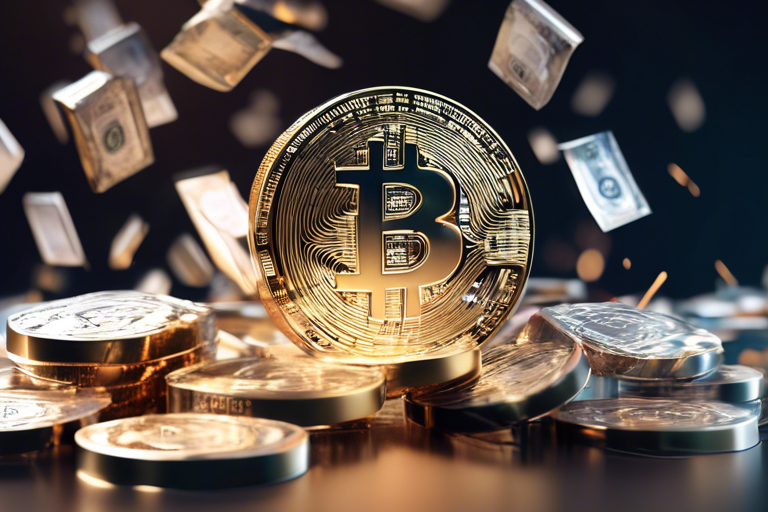Evolving Money: The Blockchain Revolution
The costs of the paper check system – both in time and money – have been with us for centuries. But there’s a new technology that offers a potential solution to these issues: blockchain. This technology has the potential to revolutionize how we handle financial transactions and could be the next big step in the evolution of money.
The Inefficiencies of the Paper Check System
Before the rise of digital money, the physical processing of paper checks was a cumbersome and error-prone process. Checks had to be physically transported and reconciled, leading to inefficiencies and costly errors. Even with the advent of digital systems like Fedwire, the settlement of transactions still posed challenges and vulnerabilities.
- The New York Clearing House’s attempt at settling transactions using computers in 1970 was a step forward but still vulnerable to errors.
- Settlements were based on different ledgers, requiring extensive manual reconciliation processes.
The Emergence of Blockchain Technology
Blockchain technology offers a solution to the inefficiencies of traditional financial systems. This decentralized, transparent, and secure ledger system could transform the way we transfer money and store value.
- Blockchain provides a single public ledger shared by all participants, ensuring accuracy and transparency in transactions.
- It eliminates the need for intermediaries and enables real-time settlement of transactions.
The Potential of the Protocol Economy
Blockchain technology could pave the way for a new economic model known as the protocol economy. In this model, transactions can move freely across the blockchain without the need for centralized platforms or intermediaries.
- The protocol economy offers interoperability services that allow different applications to communicate with each other seamlessly.
- Smart contracts, self-executing computer programs on the blockchain, enable automated and trustless transactions between parties.
Tokenization and Asset Digitization
Blockchain technology also enables tokenization, converting assets into digital tokens recorded on the blockchain. This process opens up new opportunities for creating and trading digital assets.
- Tokens can represent a wide range of assets, from real estate to intellectual property, providing diversification and liquidity.
- Token holders can benefit from owning a stake in networks and accessing new forms of value and services.
The Future of Finance with Blockchain
Despite the potential of blockchain technology, the financial industry has been slow to adopt it due to regulatory uncertainty and educational barriers. However, as more people experience the benefits of blockchain-based services, adoption is likely to increase.
- Blockchain technology offers a more seamless, efficient, and secure future for financial transactions.
- By addressing the challenges of the traditional financial system, blockchain could revolutionize how we handle money and assets.
Hot Take: Embracing the Blockchain Revolution
As blockchain technology continues to evolve, it holds the promise of transforming the way we handle financial transactions and store value. By embracing this revolution, we can create a more transparent, efficient, and secure financial system that benefits individuals and businesses alike.





 By
By
 By
By


 By
By
 By
By